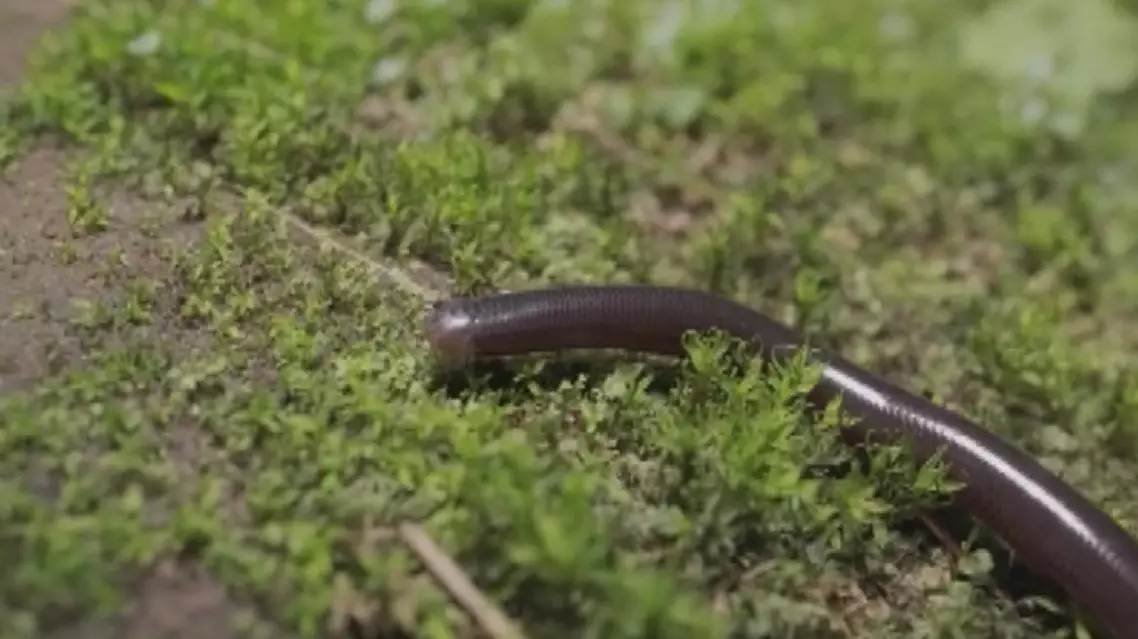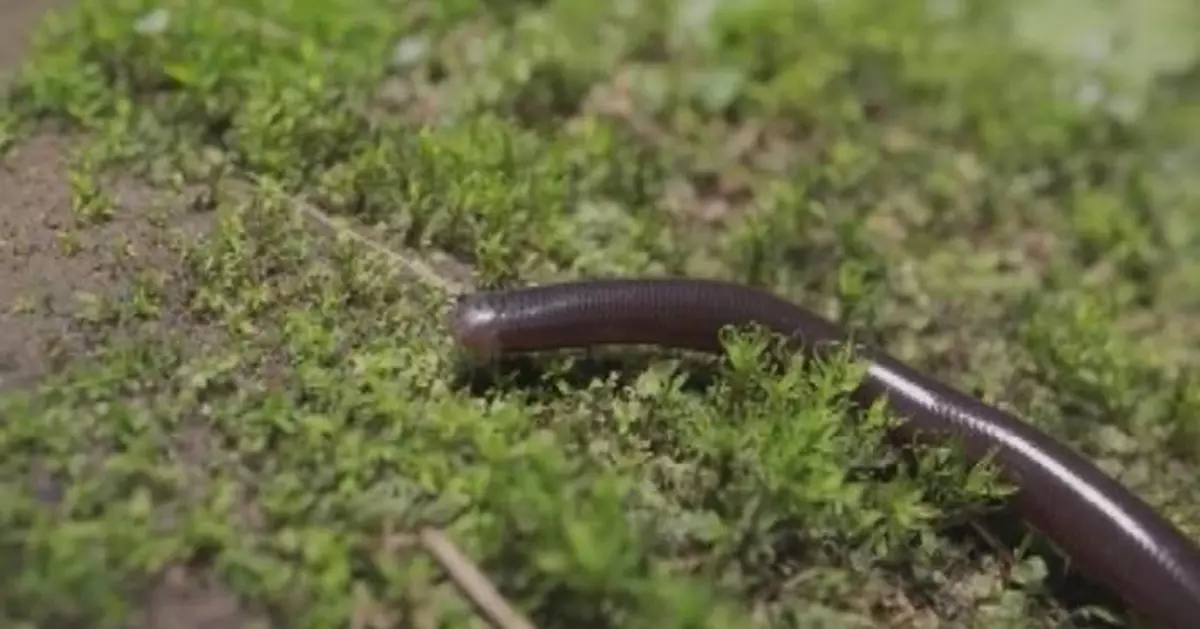For the first time, scientists at the Chengdu Institute of Biology, Chinese Academy of Sciences, have decoded the genome of the flowerpot snake (Indotyphlops braminus), uncovering new insights into its evolutionary mystery.
The findings, published Thursday in the international journal Science Advances, highlight the snake's unique ability to reproduce without mating and its rare genetic trait of having three sets of chromosomes instead of the usual two.
The flowerpot snake, a small species measuring only a few dozen centimeters and resembling an earthworm, is one of the smallest snakes in the world. It is often unintentionally spread through potted soil, earning its name. This unique way of spreading has helped it become widespread globally.
"We found that the genome of the flowerpot snake underwent significant changes in chromosome number during the evolutionary process. The ancestral genome of the flowerpot snake underwent a rapid speciation event approximately 41 million years ago, leading to chromosomal fusion," said Li Jiatang, a researcher at Chengdu Institute of Biology, Chinese Academy of Sciences. This research provides insights into the evolutionary adaptations and genetic mechanisms underlying parthenogenesis in reptilian species, challenging traditional views on reproductive strategies and genomic evolution in asexual organisms.

Chinese scientists decode flowerpot snake genome in landmark study
















































